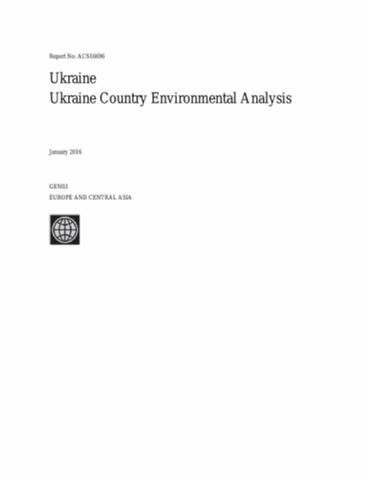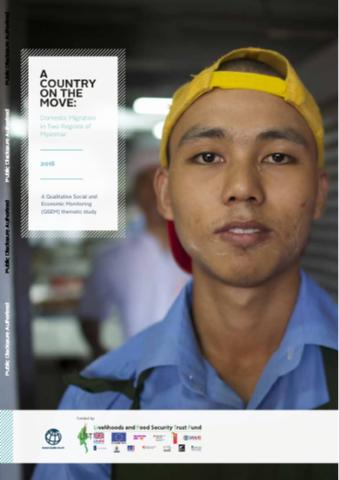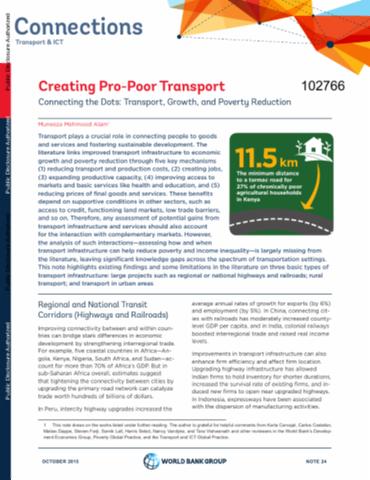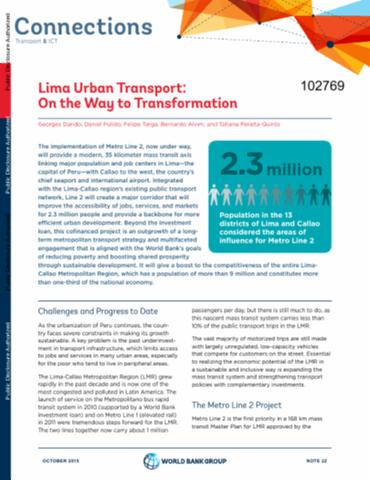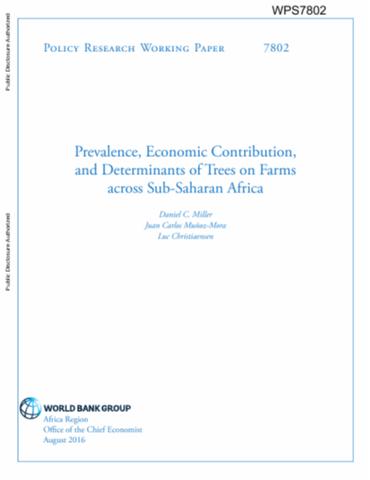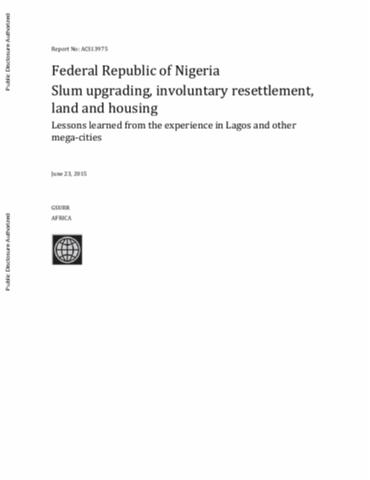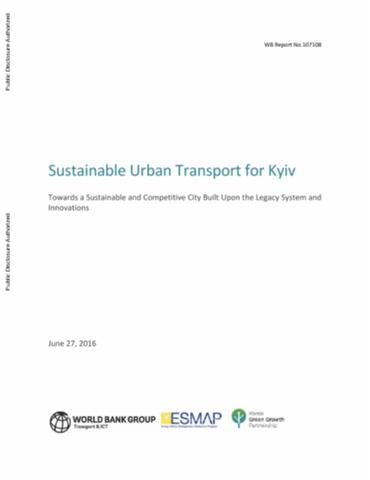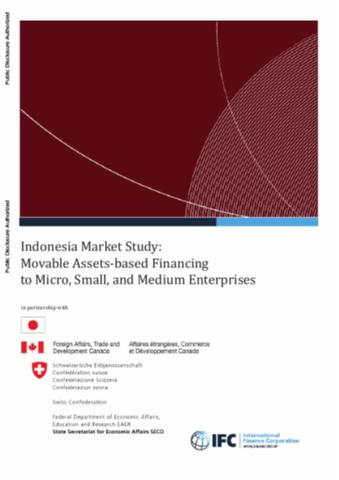
Topics and Regions
Details
Location
Contributions
Displaying 521 - 530 of 630Ukraine Country Environmental Analysis
The objective of the Country Environmental Analysis (CEA) is to assess the adequacy and performance of the policy, legal, and institutional framework for environmental management in Ukraine, in light of the decentralization process of environmental governance and wider reform objectives, and to provide recommendations to government to address the key gaps identified. Ukraine is the second largest country in Europe and has a population of 43 million, the majority of whom live in urban areas.
A Country on the Move
In the last four years Myanmar’s economy has seen a slight shift away from agriculture toward industry and services. This may mark the beginning of a structural transformation away from a rural, agricultural economy toward a more urban, industrial and service-based economy. Urbanization and job creation in urban areas have the potential to have a significant impact on labor and mobility patterns, especially for the landless and land-poor workers that account for a large part of the rural workforce.
Creating Pro-Poor Transport
Transport plays a crucial role in connecting people to goods and services and fostering sustainable development. The literature links improved transport infrastructure to economic growth and poverty reduction through five key mechanisms: (1) reducing transport and production costs, (2) creating jobs, (3) expanding productive capacity, (4) improving access to markets and basic services like health and education, and (5) reducing prices of final goods and services.
Lima Urban Transport
The implementation of metro line 2, now under way, will provide a modern, 35 kilometer mass transit axis linking major population and job centers in Lima, the capital of Peru, with Callao to the west, the country’s chief seaport and international airport. Integrated with the Lima-Callao region’s existing public transport network, line 2 will create a major corridor that will improve the accessibility of jobs, services, and markets for 2.3 million people and provide a backbone for more efficient urban development.
Transport at COP21
The case for climate action has never been stronger. Around the world, climate change is putting at risk the lives of millions of people as well as threatening many coastal cities and endangering trillion of dollars of investments in transport infrastructure and services. The Twenty-First Conference of the Parties (COP21) to the United Nations Framework Convention on Climate Change (UNFCCC) will bring heads of state and ministers to Paris at the end of November to reach a global climate agreement with far-reaching implications for low-carbon and climate-resilient growth.
Agricultural Land Investments and Water Management in the Office du Niger, Mali
Large-scale agricultural land investments in Africa are often considered solely from the land perspective. Yet land, water and other natural resources are closely interlinked in agricultural production and in sustaining rural livelihoods. Such investments involving irrigation will potentially have implications for water availability and utilization by other users, making it imperative to regard water as an economic rather than a free good.
Prevalence, Economic Contribution, and Determinants of Trees on Farms across Sub-Saharan Africa
Trees on farms are often overlooked in agricultural and natural resource research and policy in Sub-Saharan Africa. This paper addresses this gap using data from the Living Standards Measurement Study–Integrated Surveys on Agriculture in five countries: Ethiopia, Malawi, Nigeria, Tanzania, and Uganda. Trees on farms are widespread. On average, one third of rural smallholders grow trees. They account for an average of 17 percent of total annual gross income for tree-growing households and 6 percent for all rural households.
Federal Republic of Nigeria Slum Upgrading, Involuntary Resettlement, Land and Housing
This report aims to extract lessons on slum upgrading and involuntary resettlement policies and practices learned from the process of addressing the Badia East case, which involved complex interactions between affected people, NGOs, the Bank and Lagos State Government.
Sustainable Urban Transport for Kyiv
This report presents the scope and findings of the Economic Sector Work on Sustainable Urban Transport for the City of Kyiv, financed jointly by the Energy Sector Management Assistance Program (ESMAP) and the Korea Green Growth Trust Fund (KGGTF). The analysis consists of a rigorous evidence-based review of the strengths and weaknesses of Kyiv’s public transport system and a proposed plan improve its network and operational efficiency.
Indonesia Market Study
The report aims to assess the current market for movable assets based lending with respect to micro, small and medium enterprises (MSMEs) in Indonesia. The sections of the report highlight the addressable demand for MSMEs and the current supply provided by various formal sources of financing in Indonesia. Traditionally, financial institutions have preferred lending against fixed asset collateral only. Using that as a starting point, the report seeks to identify the current challenges in lending against movable assets.

